DeltaClimeVT Founder Interview: SaLisa Berrien, COI Energy
December 06, 2022
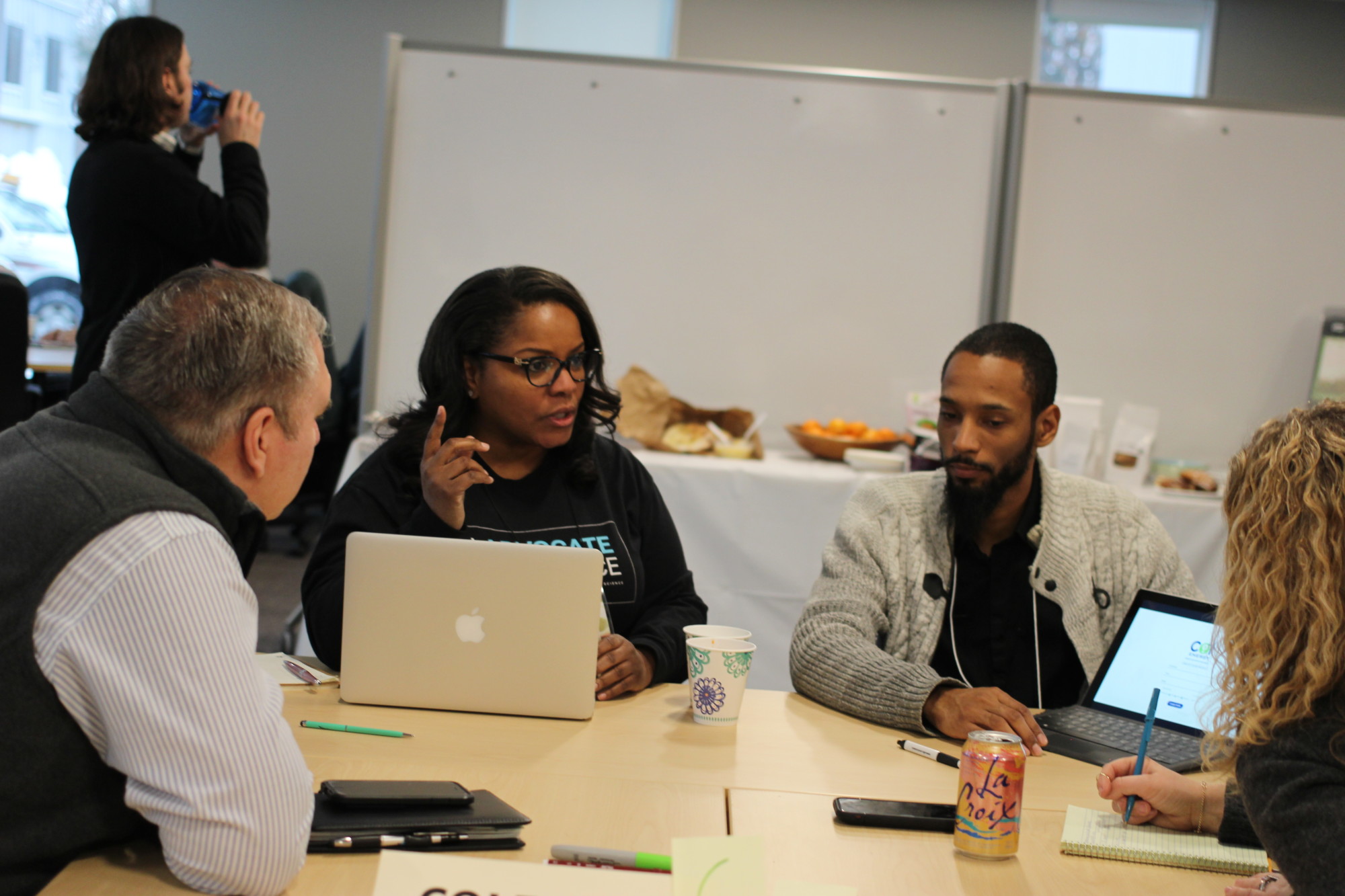
A brilliant thinker, leader and entrepreneur, SaLisa Berrien is the founder and CEO of COI Energy and a member of DeltaClimeVT’s inaugural cohort in 2017. Her mission in life is to positively impact the space she occupies by leaving it better than she found it.
SaLisa recently returned to DeltaClimeVT as an advisor for Energy 2022. We caught up with her on energy poverty, accelerator programs, imposter syndrome, and the importance of paying it forward.
Tell me about your background as an entrepreneur.
I grew up in a family that experienced energy poverty, which informed who I am and the career I chose. My junior year at William Allen High School in Pennsylvania, a teacher introduced me to engineering and I ended up pursuing and obtaining a Mechanical Engineering degree from the University of Pittsburgh. After college, I returned home to work for the same utility that served my family during the times we didn’t have power. As a kid, I looked at these guys as heroes when they turned our power back on. They didn’t only restore power; they also restored my dignity. I wanted to return to the community and help the other little “SaLisa’s” feel that way.
Coming back and being able to pay it forward, that’s been my life journey.
I started a nonprofit a couple of years after college at my high school. It’s a STEM leadership development program that exposes kids to engineering. If it wasn’t for my math teacher, Ms. Barbara Irvine, who introduced me to engineering, I wouldn’t be an engineer today and I know there are a lot of other young people out there who don’t have that exposure.
The common thread throughout everything I do is giving back and paying it forward. When you look at DeltaClimeVT and why I’ve stayed involved, it’s because I’ve been privileged to have access to a plethora of opportunities, and I feel it’s my obligation to give back.
Tell me about your business and the inspiration behind COI Energy.
COI energy is a digital energy management company that is on a mission to eliminate energy waste in buildings and repurpose that waste for good causes. I shared my background so that you understand how I got here. It’s all linked together.
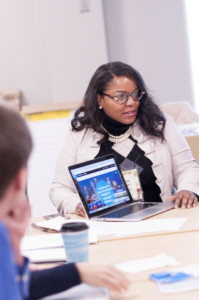
My career has been about helping businesses operate more efficiently thereby eliminating energy waste. Businesses waste a whole lot. When you look at alternatives to wasting, you don’t see much going back to the communities most negatively impacted by the waste. In the US alone, businesses waste one-third of the energy they consume—that’s about $55 billion a year that’s just being thrown out the window.
And on the other hand, you have communities that don’t have the resources to pay their electric bill or upgrade their infrastructure to more resilient systems. So, we focus on how we can bring those things together.
It really comes from my learned experience and not always having power when I was growing up. People made comments like, “You live in the United States, what do you mean you were living in the dark?” But we were, and there’s a whole lot of people—one-third of the population in the US, in fact—that experience energy poverty. It’s never talked about because there’s shame that comes with that.
When I started this company, I was able to not only shine a light on that, but also think about how we solve the problem. So, if businesses are wasting $55 billion a year in the US, how can we help them recapture and save that? And then, let’s give a portion of those savings back to the community to help them uplift and be able to breathe easier.
We launched the kW for GoodTM (Kilowatts for Good) program to focus on efficiency across the board. For every kilowatt we save a business, a portion of the savings goes to communities. Largely, brown and black communities because they are most negatively impacted.
We’re all talking about electrification and the digital arena, but a lot of times communities are left out of the conversation. During the pandemic, schools shifted to remote learning and really showed how many communities don’t have basic things like Wi-Fi. Let’s give them the resources they need so they can thrive.
A lot of times you hear people say, “They need to pull themselves up from their own bootstraps,” but if you don’t have boots, there are no straps. My family didn’t have boots.
Was this the idea that you brought to DeltaClimeVT in 2017?
Yes, that was our solution, but many investors saw it as philanthropy at first. In fact, it is philanthropy but it’s a different model. It’s energy efficiency philanthropy that comes from the savings we generate for the businesses. It doesn’t impact our business model since the gifting comes from the savings each business generates on our platform. The businesses receive tax credits for their contributions towards energy. Prior to the pandemic, investors weren’t too keen on the solution. It was hard for them to wrap their heads around efficiency philanthropy under a B to B business, until the pandemic happened.
When people saw folks walking around without masks, they realized, “Hey, I’m impacted by the people that I think should be pulling themselves up by their bootstraps because they are not wearing masks.” But, if I have to choose between buying a mask or buying food, which one am I going to do? We could better articulate our story using the metaphor of the mask. It wasn’t all about how to give back to people, it was more like if we don’t help this one-third of the population, we are never going to solve this crisis. It has to be the entire ecosystem, not just part of it.
So, the pandemic shined a light on the responsibility we have to each other?
Yes, it was fortunate and unfortunate at the same time. Would I have wished the pandemic on us? Absolutely not. But it showed that we are all connected whether we want to be or not.
What was it that brought you back to DeltaClimeVT in 2022?
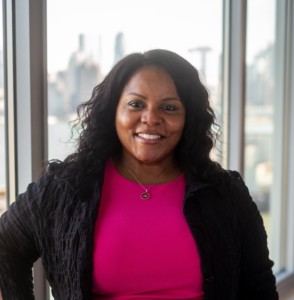 DeltaClimeVT was the first accelerator I participated in after starting my company. I’ve been so blessed and fortunate to be exposed to brilliant people. Sometimes I’m like, “How did I even end up here?” It’s always that someone introduced me to something or someone else. And if someone did that for me, I feel like I have an obligation to do that for others. Janice St. Onge (president of the Flexible Capital Fund) supported me and referred me to programs outside of DeltaClimeVT. She participated in a conference I do on Martha’s Vineyard every year. Whenever she or Geoff Robertson (managing director of DeltaClimeVT) see something and think, “That could be good for SaLisa,” they send it my way. That’s the kind of support I get from them.
DeltaClimeVT was the first accelerator I participated in after starting my company. I’ve been so blessed and fortunate to be exposed to brilliant people. Sometimes I’m like, “How did I even end up here?” It’s always that someone introduced me to something or someone else. And if someone did that for me, I feel like I have an obligation to do that for others. Janice St. Onge (president of the Flexible Capital Fund) supported me and referred me to programs outside of DeltaClimeVT. She participated in a conference I do on Martha’s Vineyard every year. Whenever she or Geoff Robertson (managing director of DeltaClimeVT) see something and think, “That could be good for SaLisa,” they send it my way. That’s the kind of support I get from them.
I can’t say no because there are other founders like me who need someone to bounce things off. They are in a similar space, and they were looking for support from someone that has been there and done it. I get gratification out of knowing I can help founders move the needle for their business. I feel this is my community, so I am honored to be asked to come back.
What are your observations about DeltaClimeVT as one of the first participants and now as an advisor?
Bright minds. They’re still attracting great advisors and great people, and the companies that are coming out of DeltaClimeVT —you’re seeing them in other places. DeltaClimeVT has been a great foundational accelerator for energy tech companies and they’re truly making a difference.
Big picture, why are accelerator programs important to entrepreneurs?
I’ll start with telling you about my nonprofit, COI Ladder Institute. It’s a retreat we do every year on Martha’s Vineyard. We invite accelerators, investors, corporate, legal—all the entities that will help a business move to the next level—because not every founder has access to those types of resources.
Investors are part of the picture. Accelerators look at the entire picture.
They introduce you to investors, and they also help you with your cap table, they help you hire talent or help you with a challenging employee problem. Not everyone understands that.
COI Ladder Institute gives that exposure to founders that are not in big tech cities, like, middle America. That’s where I came from. Giving them that exposure is game changing.
Can you give me an example?
I got accepted into Morgan Stanley’s program. I was one of nine companies globally that were selected from 300 applications. I didn’t understand venture capital. I knew nothing about it! They were like, “Your idea is a billion-dollar idea. You’re sitting on the JV bench, and you need to get on varsity.” At that time, I didn’t have the confidence I needed. I didn’t even call myself a CEO. I said I was a managing partner. Accelerators give you that confidence. I didn’t have it. I had this idea. I knew there was a problem. They were the ones who said, “This is who you are, and you need to own it.”
I love that about accelerators. They boost your confidence and talk to you about imposter syndrome. Hearing similar things from your peers really boosts your confidence because you realize it’s not just you.
What advice would you give to young entrepreneurs?
It’s a lonely journey and it’s not easy. You’re going to get so many no’s before you get a yes.
You have to believe in yourself more than you’ve ever believed in yourself before.
When it looked like I was running out of cash, I had a board member say, “Well, instead of a strategy session, maybe you should look at just closing the business.” If I didn’t feel as passionate as I did and have the confidence that came from a community that supported me, I might have said, “Yeah, I guess you’re right I probably should just let this go,” and I wouldn’t be where I am today.
So, believe in yourself more than you ever have, surround yourself with positive people, and choose accelerators that really can move your business forward. It’s about finding those organizations you can connect with that align with your mission. For me, if you’re in energy tech, DeltaClimeVT is that organization.
You will always hear, “You need the checks and then the contracts.” A good accelerator program gives you access to the investors for the checks, the companies for the contracts, and the confidence you need to capitalize on both. They are there for a reason, and that’s truly to help move your company forward.
Read More Stories Like This:
- DeltaClimeVT accelerator seeks entrepreneurs for Energy 2023 cohort
- BED Announces ARC Industries Pilot to Pioneer Wind Turbine
- InfiSense Works to Decarbonize Buildings
- Refrigeration to Help Cool the Planet
- One Window at a Time
- Pilot Programs to Expand EV Charging in Vermont
- Buildings As Batteries?
About DeltaClimeVT – An Energy Business Accelerator
Managed by the Vermont Sustainable Jobs Fund (VSJF), the DeltaClimeVT business accelerator is a Vermont-based program serving startup and seed-stage ventures focusing on energy innovation. VSJF is currently recruiting for the DeltaClimeVT Energy 2023 cohort, which is focused on energy-related products and services that reduce the need for costly infrastructure or electrical panel upgrades. For more details, visit deltaclimevt.com or contact Geoff Robertson at geoff @ vsjf.org.


